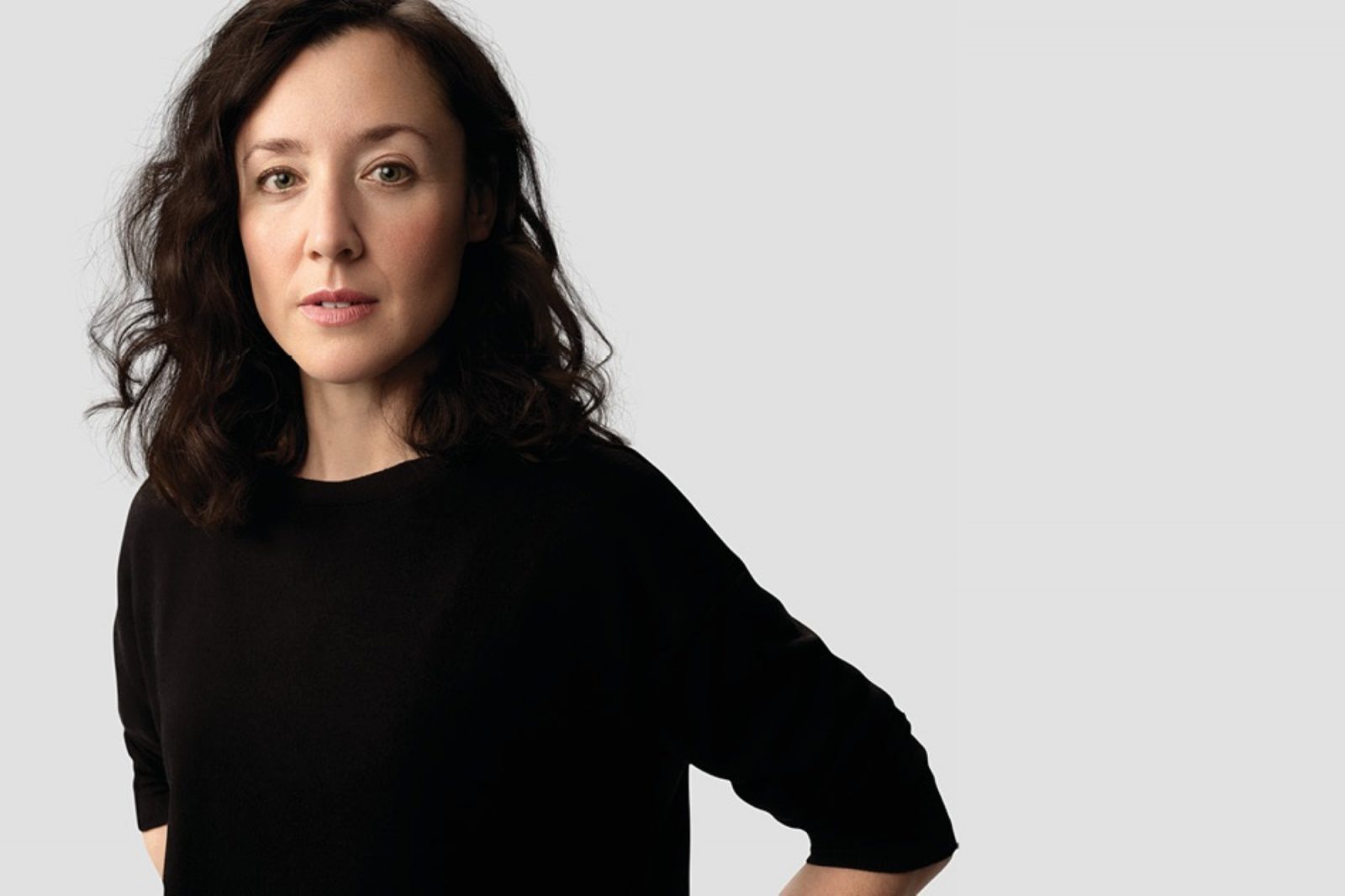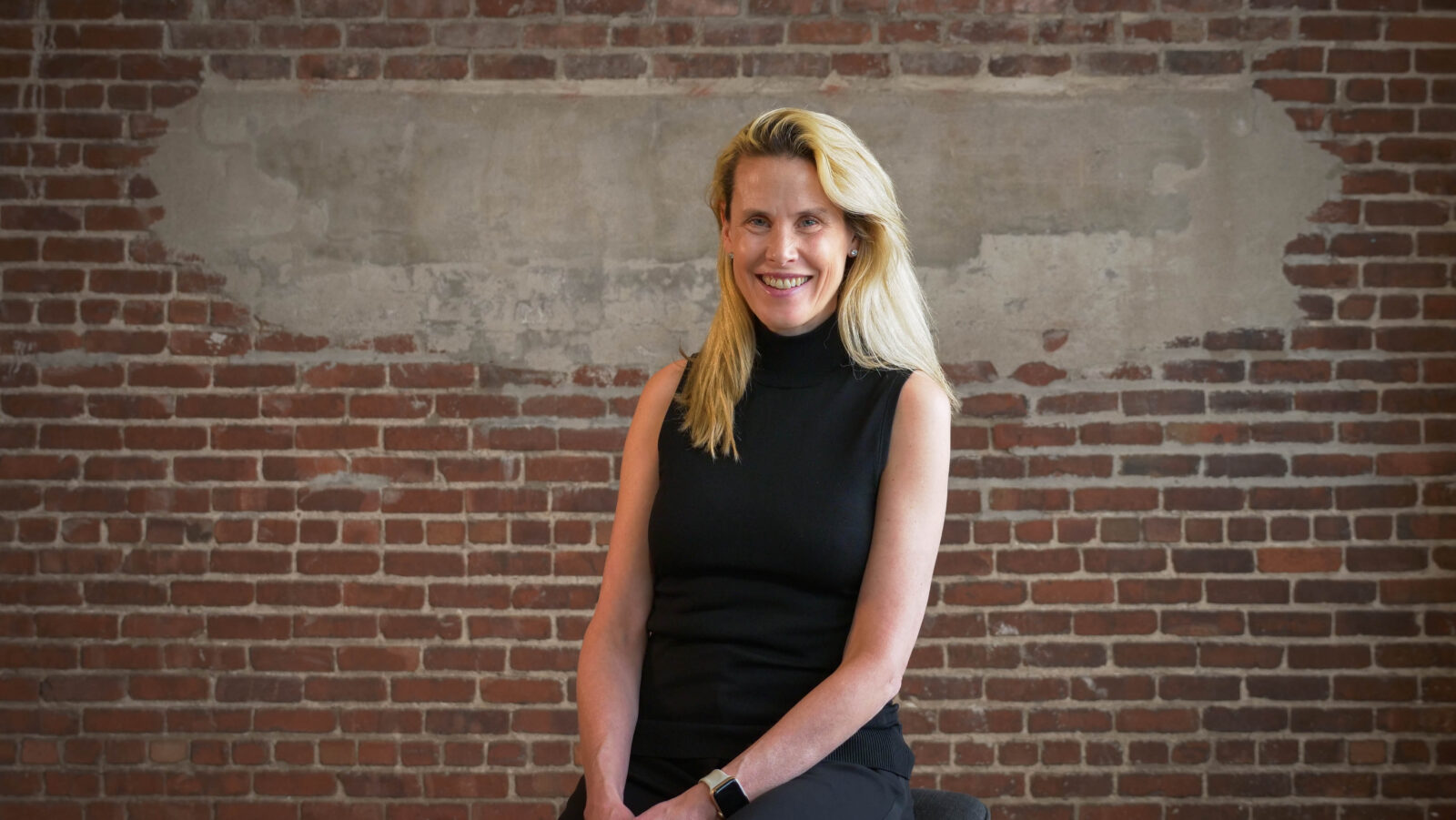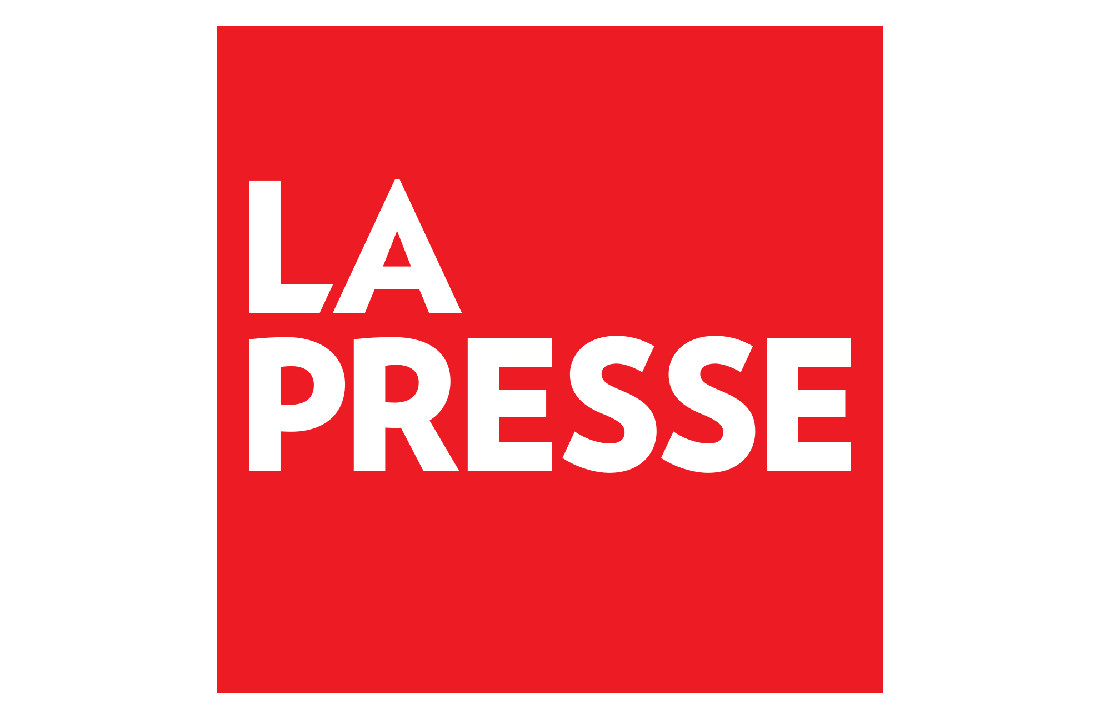In the documentary play Rose et la machine, Maude Laurendeau tells us about her journey as mother whose child is diagnosed with autism. Fear, love, ignorance and powerlessness blow up in her like the winds in a storm. What she knew about her daughter and her idea of the future are no longer valid. And as she reaches out for help, the health care system offers cold answers: waiting lists, forms, assessments, chronic underfunding.
Many of us go through an experience like this once : an event that forces us to rethink everything from scratch. The loss of a job, an aging parent who needs care, a split-up: the straight road ahead suddenly veers off course. Maude Laurendeau’s text explores the vertigo that we feel when it happens, but also the inadequacy of the public services set up to appease this vertigo.
What motivations triggered the project?
I was in an emotional turmoil, in a frantic search for help and resources that weren’t arriving. It’s a real struggle: trying to find help, resources, and trying to understand your child through all that… You come up against a lot of refusals and a lot of nonsense. You quickly realize the limits of the system and what doesn’t work in it, and it becomes a bit alienating.
That’s what drove me to write: a need to speak out to make this thing, this reality heard. To change things. It started with “we have to change the system, it doesn’t make sense.
But now, it seems that my daughter is part of our society. She is a small citizen, she exists in the world – it was less true when she was three years old. So today, I feel more of an urgency to change the way we perceive her. And I have more control over it. It’s more doable than changing a system.
“My urgency has changed, it is no longer the same. The urgency for me now is to change perceptions.”
What did you learn from writing the play?
From the moment I started writing, it’s been as if I had the necessary distance to deepen my knowledge about autism. Because in this context, I don’t learn things only for myself and in relation to my child or to a future that I make up, but to transfer this knowledge. All of a sudden, it looked to me more realistic.
When you receive a diagnosis, you don’t get enough accompaniment nor documentation so your first reflex is to turn to the Internet… and that’s jungle! You find everything! You start reading about the challenges that your child is going to meet at 35 years old, which is absurd: we are not supposed to project ourselves so far into the future knowing right away how difficult the path will be! It’s as if you sit down and say, “Here, today I’m going to read about the cancers that my children might have in their lives”. That’s not how we live!
With my daughter, the beauty of it is that, at one point, I accepted that I am not the one holding her hand and leading her somewhere. It is she who shows me her way and teaches me her pace. From that point on, there’s no reason projecting or imagining what’s coming next, because I’m always surprised by her.
You turned to Porte Parole early on in the process. Why?
I’m afraid that when I approached Annabel, it really felt more like a call for help than a project presentation! In retrospect, I think she just gave me the tools (including a recorder) so that I could start to structure my reflexion and move towards something that was going to help or even save me, to get me out of where I was. Her recorder was like a buoy!
Annabel has always rebelled against injustices and absurdities in our system. In a way, I think I validated my sense of injustice with her. I had no grip on anything at that time.
“The system always gives you the image that this is how it works, you know, that there are no other possibilities. I guess I needed to turn to someone who had enough perspective on society to say, ‘You’re right, it doesn’t make sense.'”
And also, maybe it’s a bit ridiculous, but I had the impression that with documentary theater, I would have a stage and a microphone in front of me two weeks later. That I could quickly meet people and say, “This doesn’t make sense! ». I had no idea that it was going to take three years!
Do you ever wonder why you engaged in such a demanding project?
Absolutely! I wonder why every day! Especially right now, actually, because it’s going really well for my daughter. A lot of things have settled down, come into place. And I’d like to be able to enjoy that without going through all the difficult moments every day…
I think I had underestimated the emotional involvement, the fact that the show would ask me to go through painful moments over again. I think the show is moving towards some light, but you have to go through a lot of darkness to get there. And even when the story is out of my experience, which is often the case, the subject is never totally outside of me.
But every time I talk to parents who are experiencing the same things, to professionals on the battlefield, I am reminded of the urgency to do something. Each time I think, “This is why I started writing. And nothing has changed, so it’s important to keep going. On the other hand, I’m also constantly reminded that nothing really changes, and everyone tells me that it will never change. So sometimes I ask myself, “Am I really the one who’s going to make a difference?”. I am going back and forth between these two poles.
Were you hoping to better understand your daughter through writing?
No, not at all. I never felt I was writing this in order to better understand her. And the research I’m doing for the play is not about autism. I’m rather researching on the health and education systems, the professionals who work in these systems, the parents…
“Autism is a spectrum, there are as many forms of autism as there are people with autism. It’s very complex. So I don’t think I could have written a play about autism as such. And as a neurotypical, what I could have said would not have been representative.”
But the project brought me to meet people who changed my perception of autism. Now, when I look at my child, I no longer see an autistic child. What I see is my daughter with all that she is.
When you get a diagnosis, your child becomes this diagnosis. My mission had become to give my daughter everything she needed to get to fit in our society. Because I was told that she was never going to make it.
What the writing of the play has brought me is probably the awareness of my own limits, especially in my way of perceiving autism. I realized that my reacting badly at the beginning didn’t help my daughter. I am responsible for a part of the shock that we’ve been through, because of my own limits as a human being dealing with the difference. I believe that the writing process and all the people I met have allowed me to shift position, to question my own limits, and to see things differently.
The show is about my reflections. I don’t so much try to show all the facets of an issue, I rather show the evolution of my reflection. And through that, I think you can see several facets and several possible angles, several ways of experiencing it, because I’ve been there.






